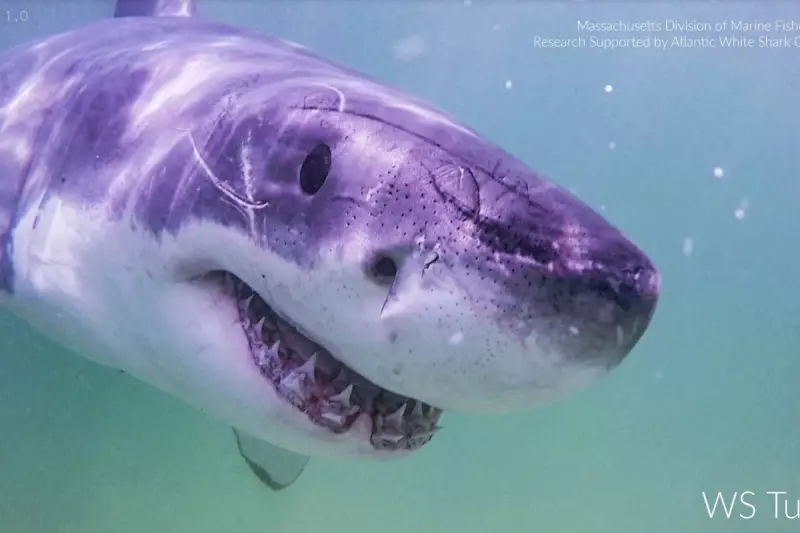
Marine scientists are reporting an extraordinary phenomenon along Maine's picturesque coastline, where unprecedented numbers of great white sharks have been detected in waters traditionally considered too cold for regular habitation.
The Atlantic White Shark Conservancy's tracking data reveals multiple confirmed sightings near popular Scarborough beaches, with researchers documenting increased shark activity throughout New England's coastal waters. This surge represents a significant shift in marine migration patterns that has both fascinated scientists and concerned local authorities.
Changing Marine Ecosystems
Experts attribute this unusual shark presence to several environmental factors, including warming ocean temperatures and increasing seal populations—the primary food source for great whites. Dr. Megan Winton, senior scientist at the Atlantic White Shark Conservancy, confirms that these apex predators are expanding their range further north than previously recorded.
"We're observing a clear pattern of shark movement into historically cooler waters," explains Dr. Winton. "This isn't just anecdotal—our tagging and tracking data shows these animals are spending more time in areas where they were once rare visitors."
Safety Measures Implemented
Local authorities have responded proactively to the increased shark activity. Scarborough officials have implemented enhanced safety protocols, including:
- Regular aerial surveillance of popular swimming areas
- Temporary beach closures when sharks are detected near shore
- Public education campaigns about shark safety
- Increased lifeguard training for shark incident response
Despite these measures, officials emphasize that the overall risk to swimmers remains extremely low. "We're taking precautions, but we want people to understand that shark encounters are still rare events," stated Scarborough's public safety director.
Research and Conservation Efforts
The shark sightings have provided valuable opportunities for marine researchers. Conservation groups have accelerated their tagging programs, gathering crucial data about shark migration patterns, feeding behaviors, and population dynamics.
This research not only helps improve safety protocols but also contributes to global understanding of how climate change affects marine predator distributions. The data suggests this trend may continue as ocean temperatures gradually rise.
Beachgoers are encouraged to remain aware of their surroundings, avoid swimming near seal colonies, and heed warning signs and lifeguard instructions. Scientists stress that these magnificent creatures play a vital role in ocean ecosystems and deserve respect rather than fear.





